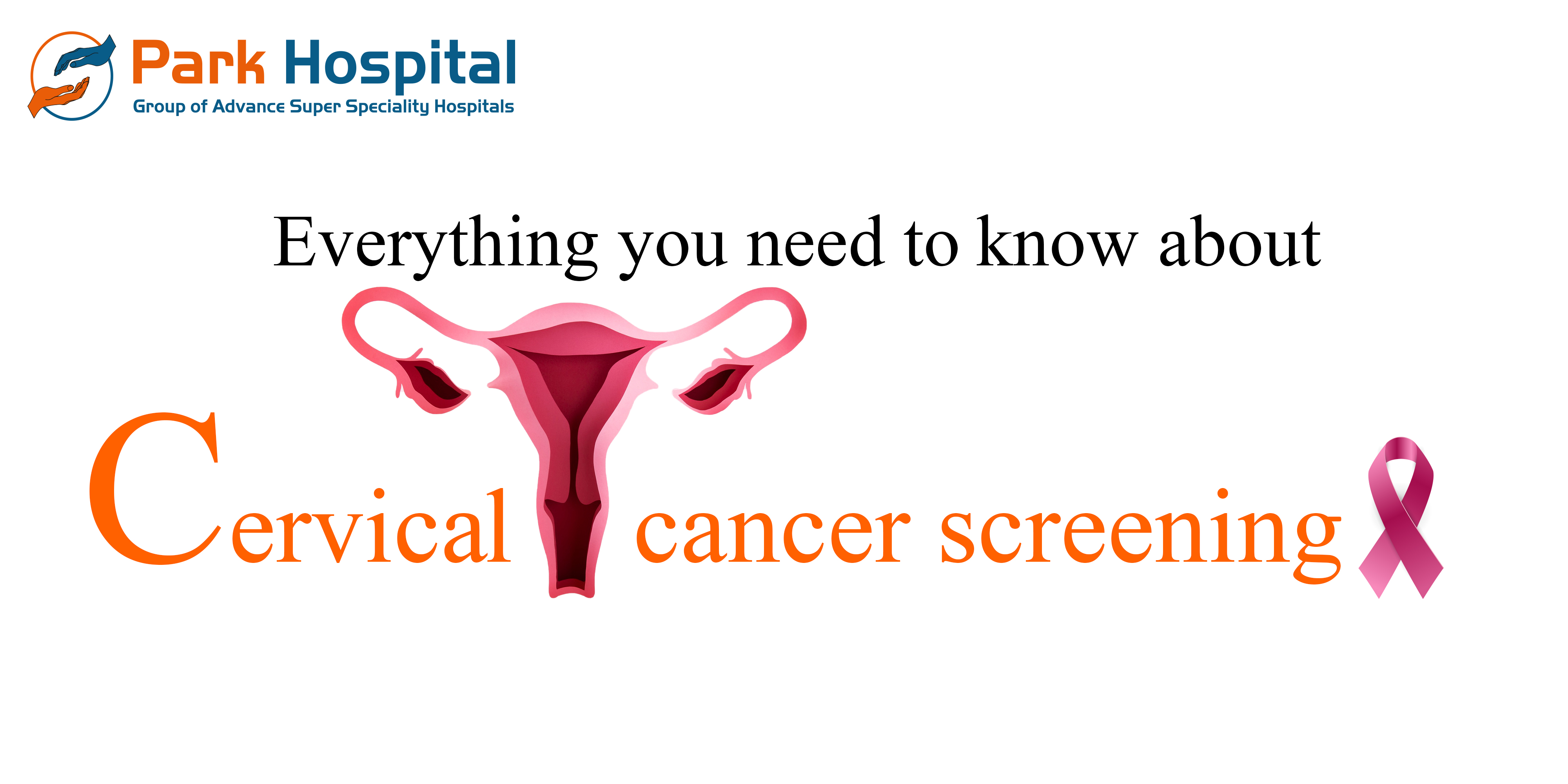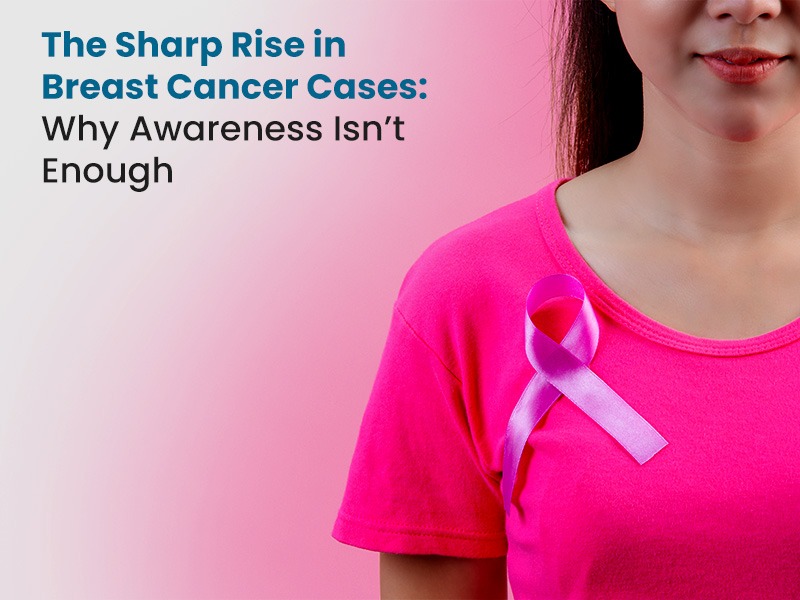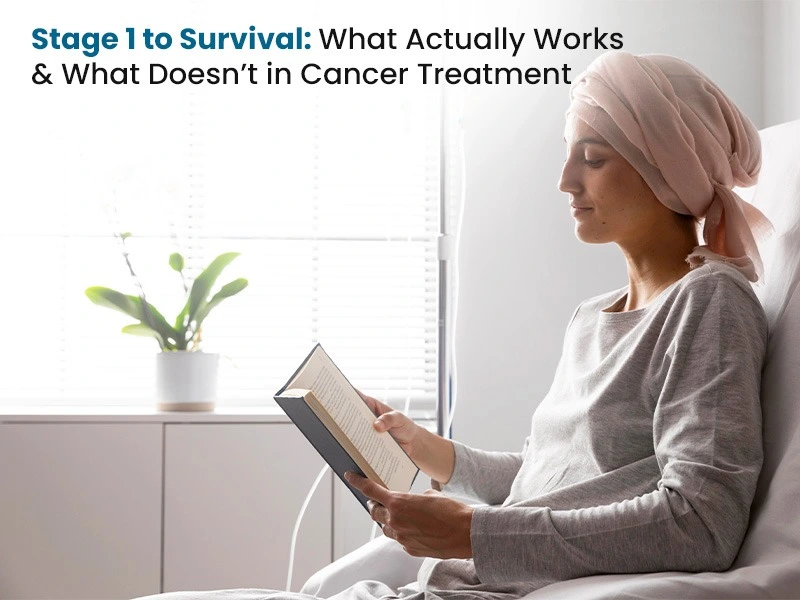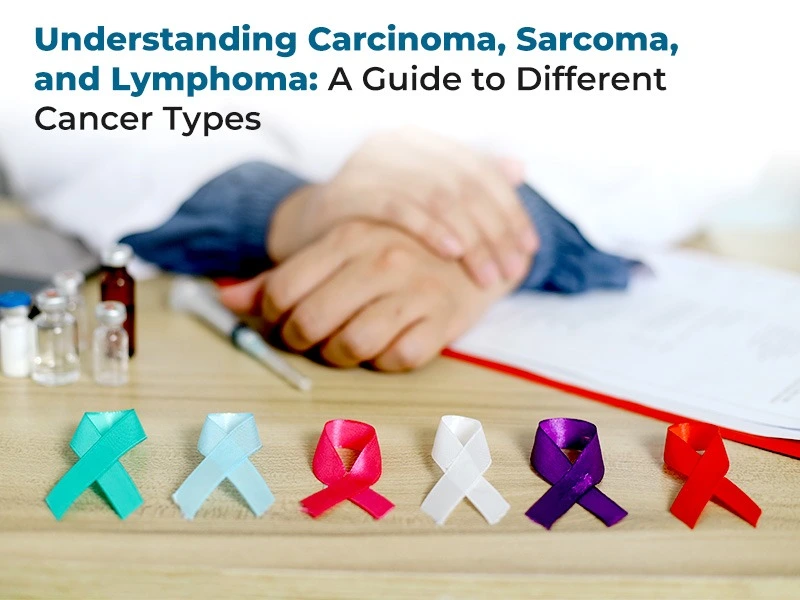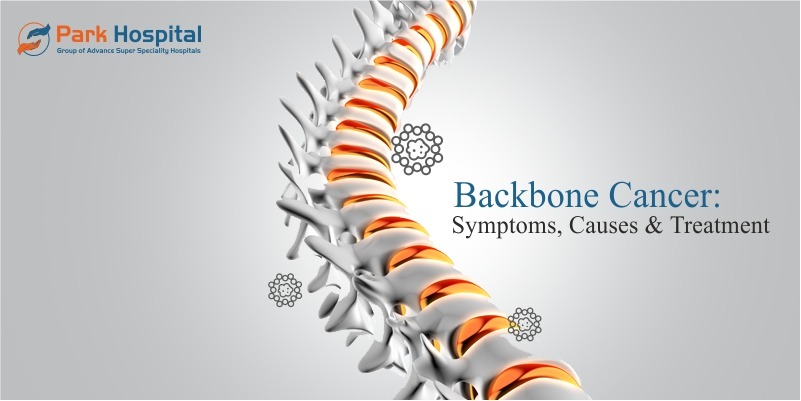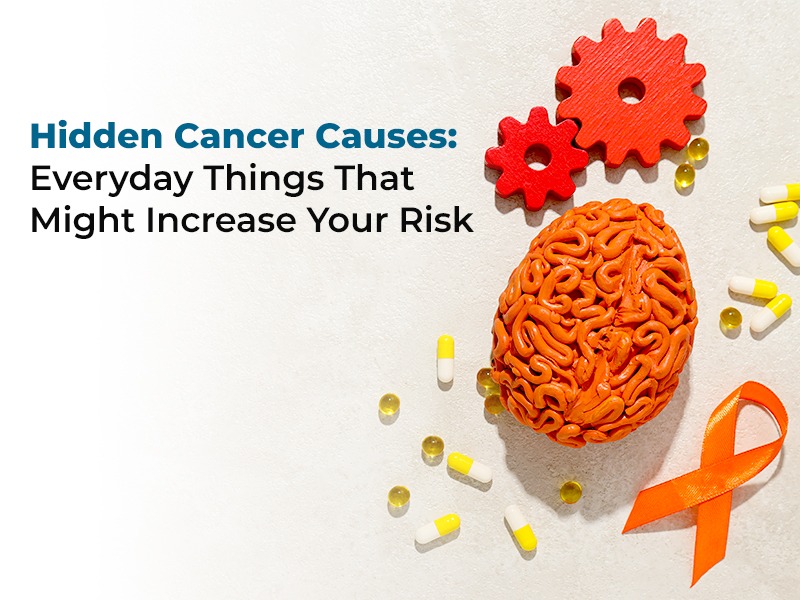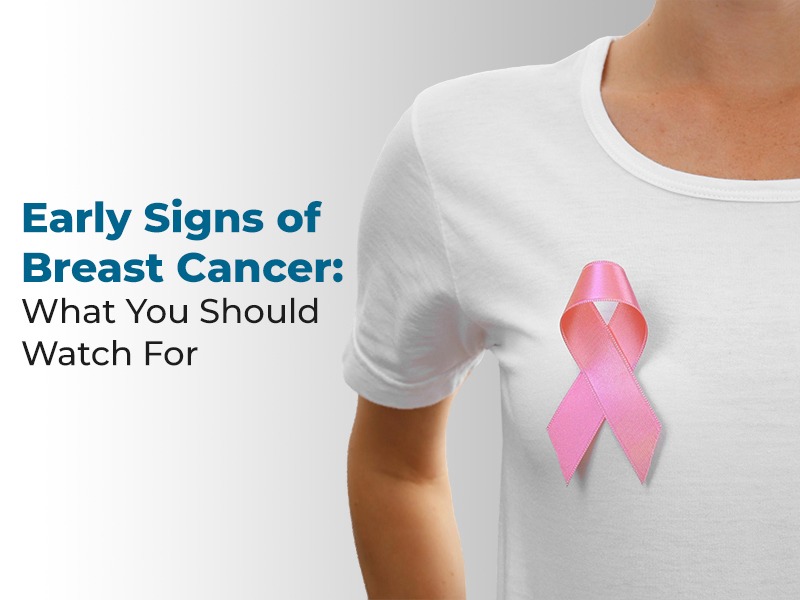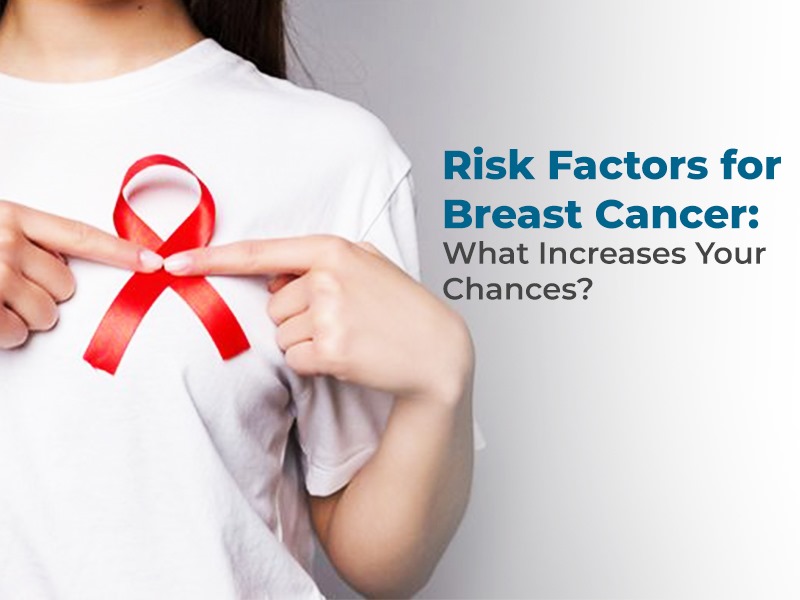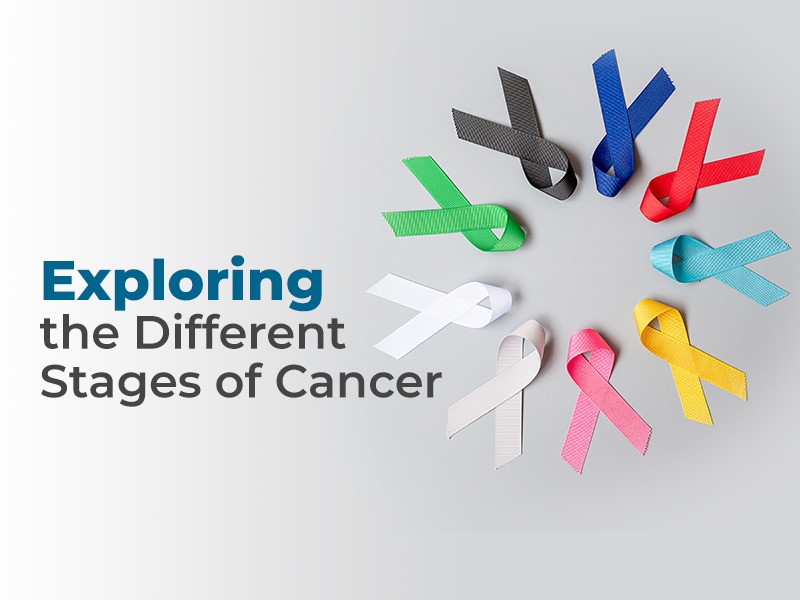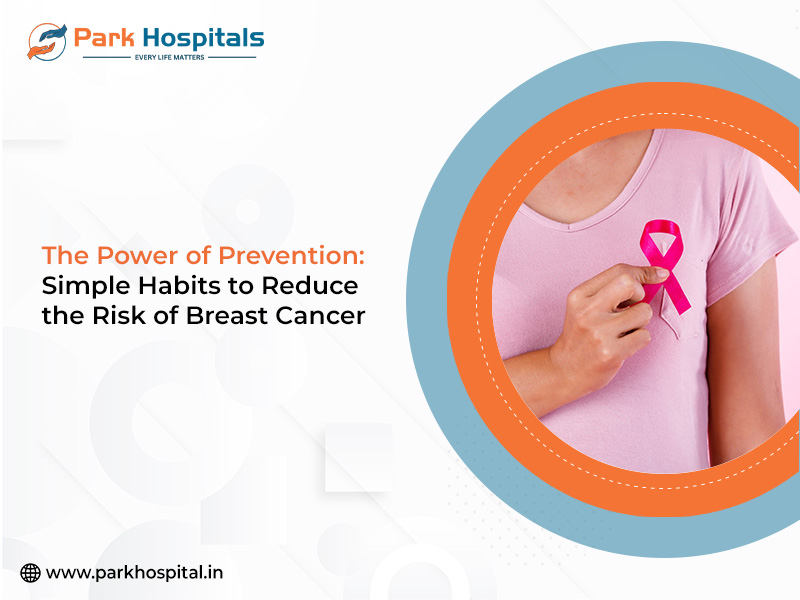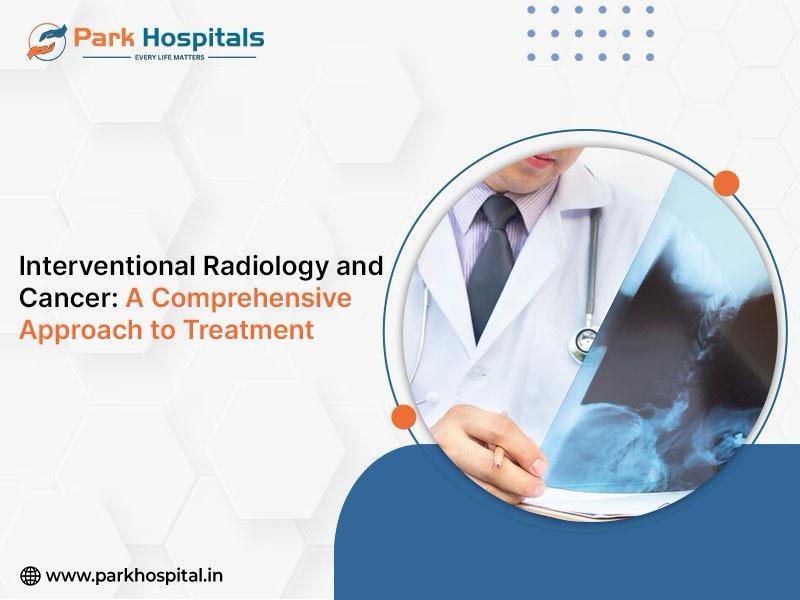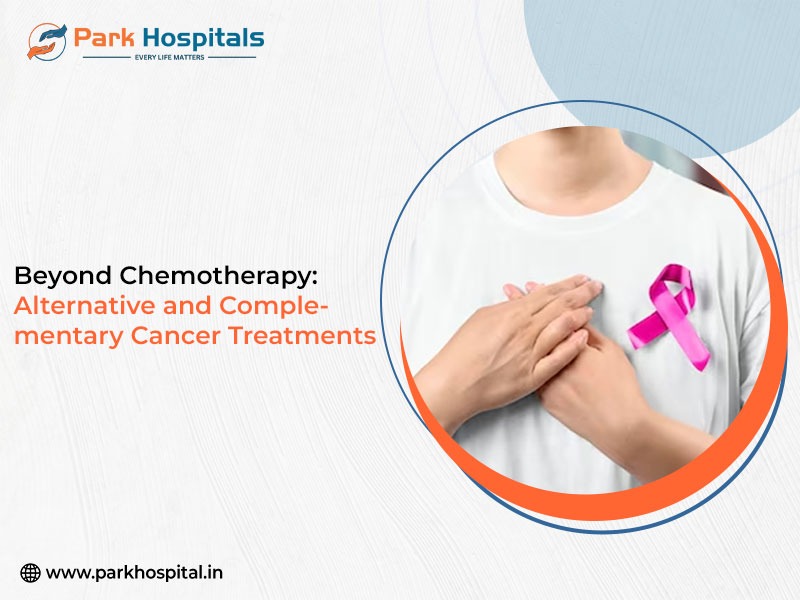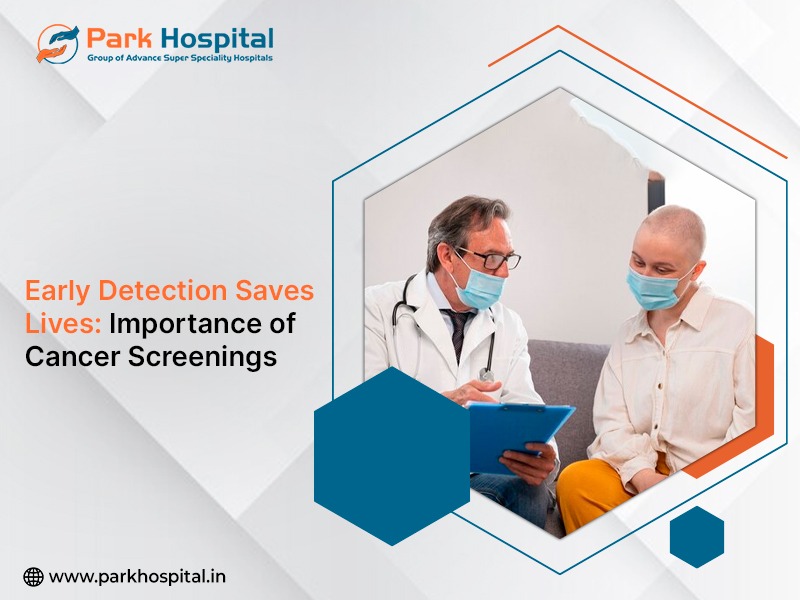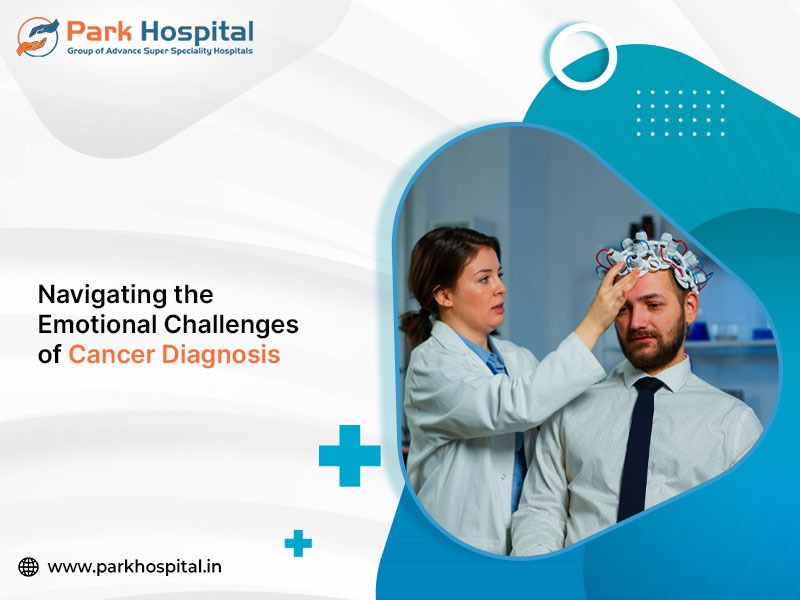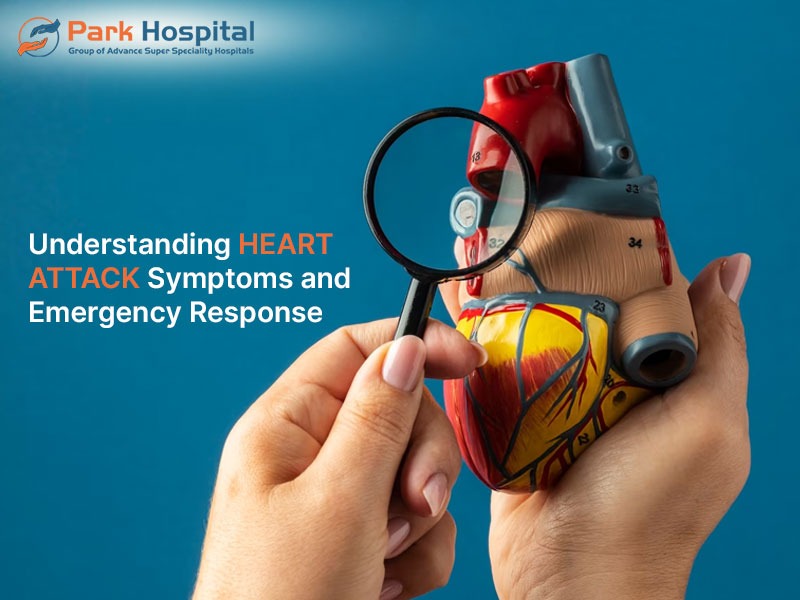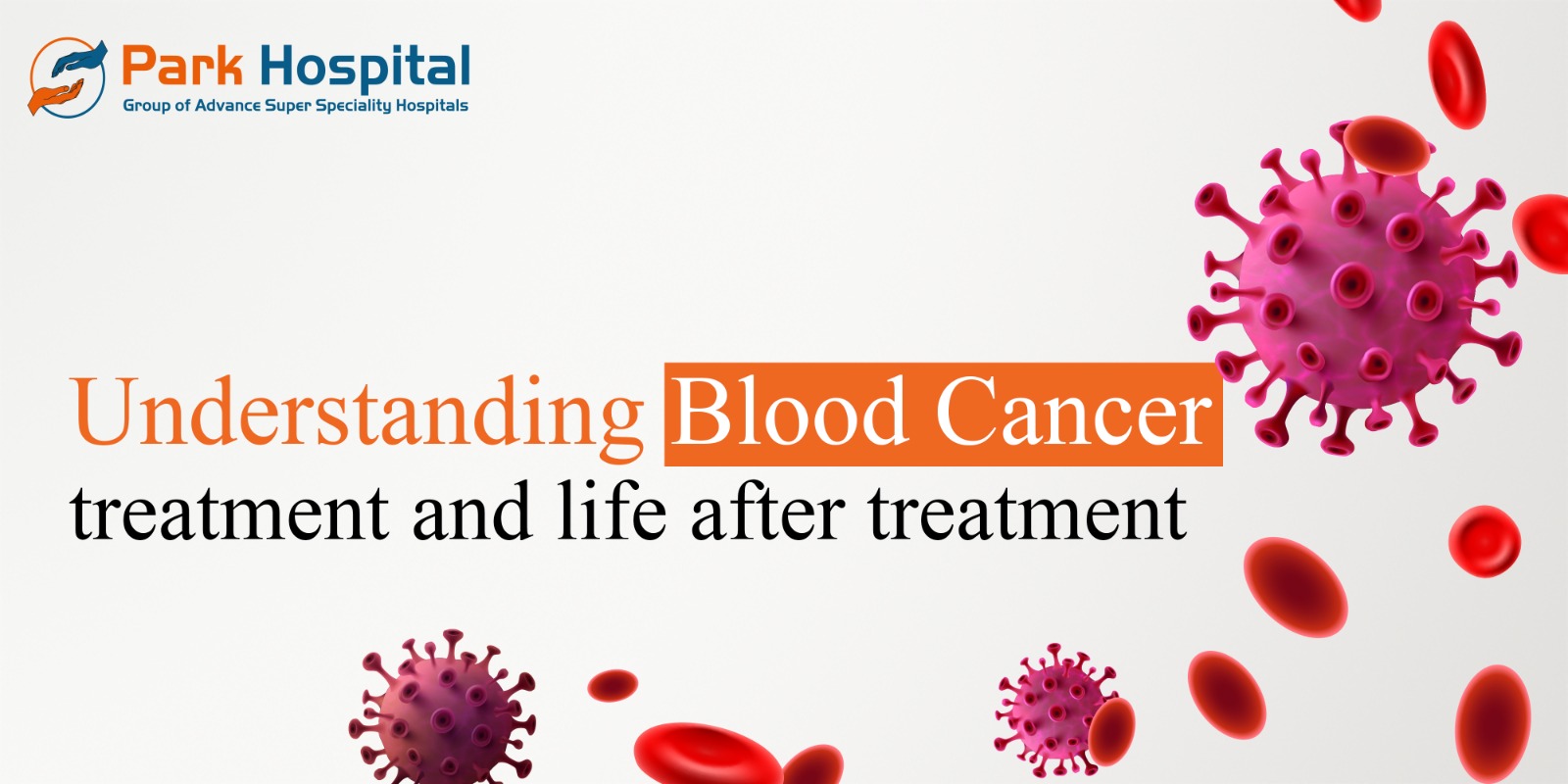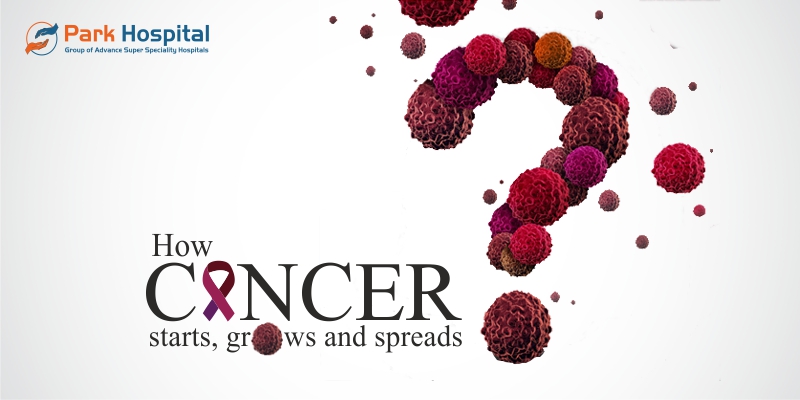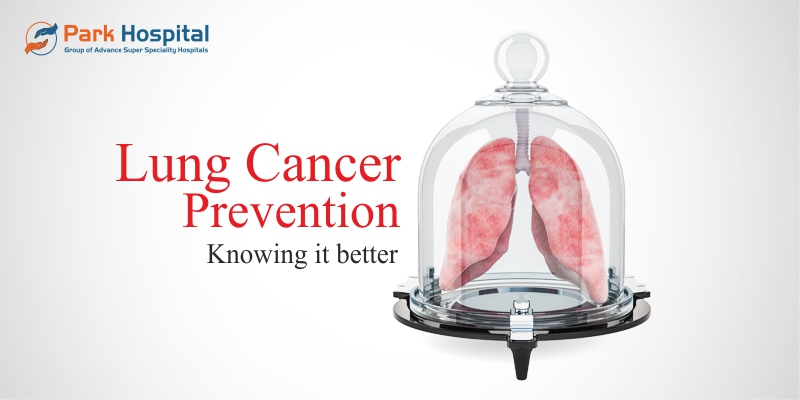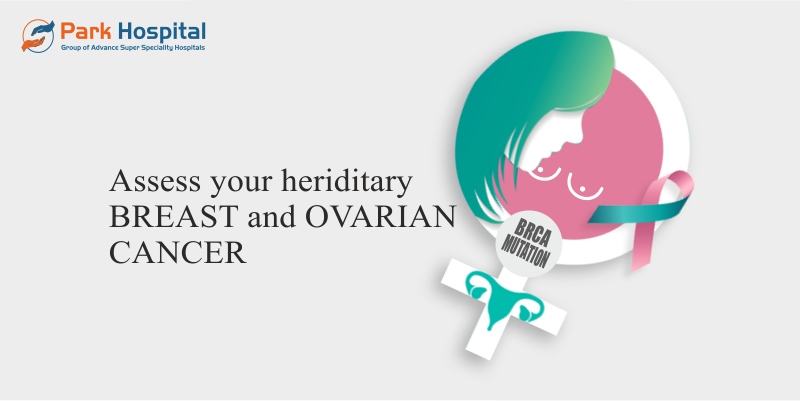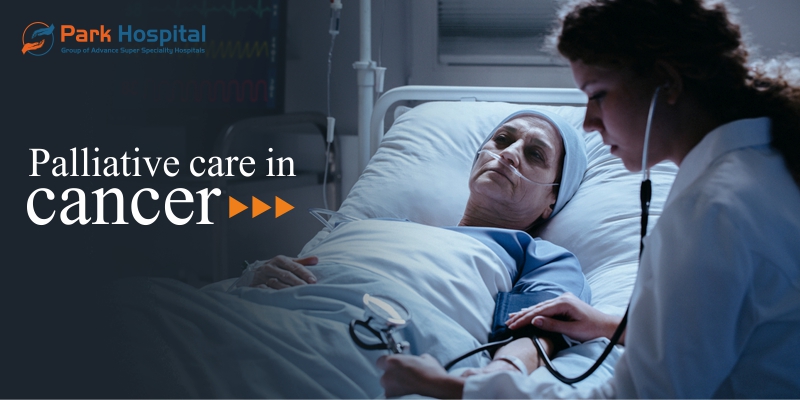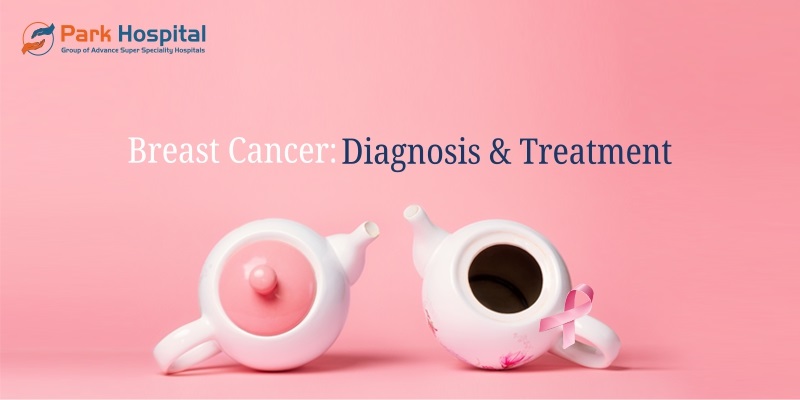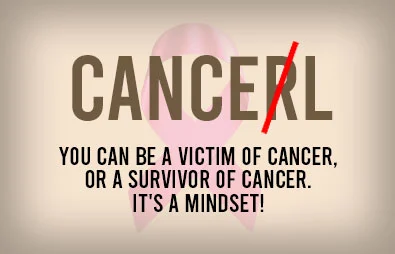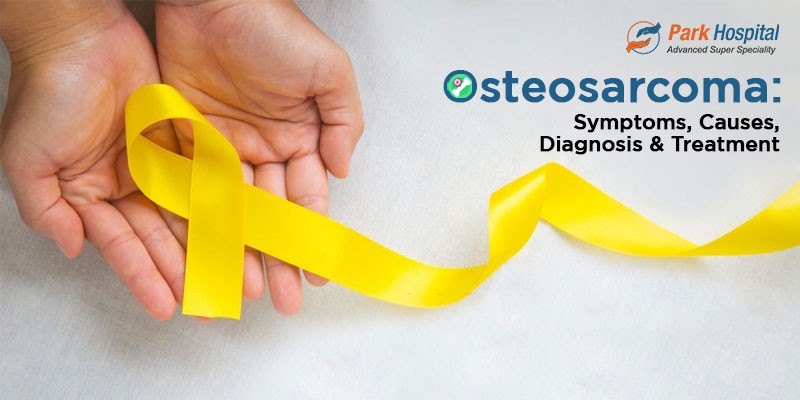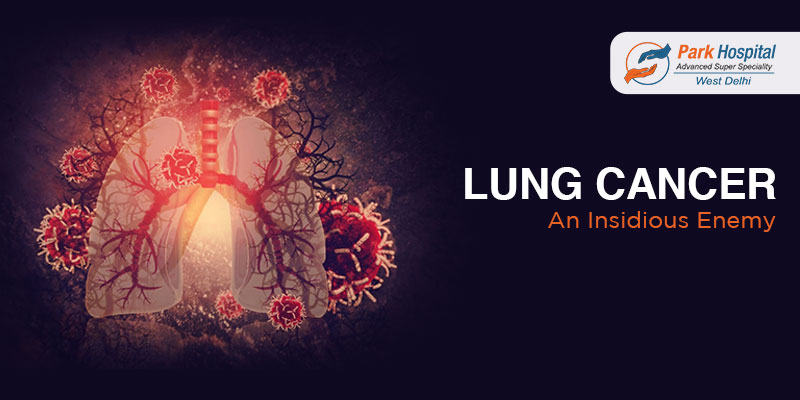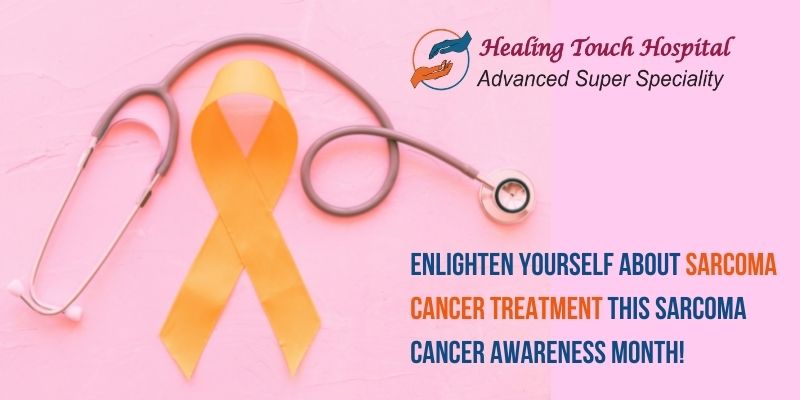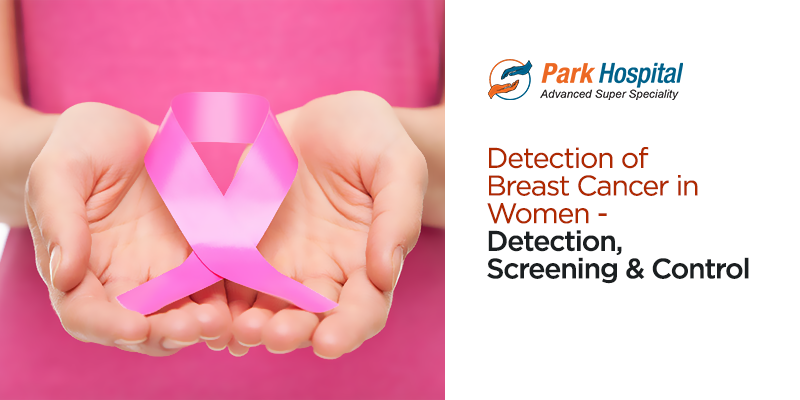Did you know that India recorded the highest number of cervical cancer cases in all of Asia in 2020? Globally, cervical cancer is the fourth most common cancer amongst women with 342,000 deaths in 2020. India alone reported 45,300 deaths in 2019. This is especially distressing when cervical cancer is a preventable cancer with vaccinations and effective screening tools available.
Awareness of cervical cancer is imperative for cervical cancer prevention and the diagnosis and treatment for cervical cancer. According to WHO, less than 1 in 10 women have been screened for cervical cancer in the last five years. Without proper awareness of the need for cervical cancer screening India’s 2030 goal for cervical cancer prevention and the diagnosis and treatment of cervical cancer will be hard to reach.
India proposes that 90% of girls will be vaccinated by age 15; 70% of women receive cervical cancer screening by age 35 and again at age 45; and 90% of women with cervical cancer will receive treatment.
To understand the significance of cervical cancer prevention and the need for better coverage for the diagnosis and treatment for cervical cancer, we shall first explore what constitutes cervical cancer.
What is cervical cancer?
The cervix is the lower part of the uterus that connects to the vagina. Cancer of the cervix is most often associated with the occurrence of a common sexually transmitted infection called the human papillomavirus (HPV). When the body is exposed to HPV, the body’s immune system works to fight against the infection. In some cases however, the HPV stays in the body for a long period that aids in the process of turning cervical cells to cancer cells.
Most people that have HPV do not have cervical cancer. Other factors help contribute to the development of cervical cancer like smoking, other sexually transmitted diseases such as gonorrhea, syphilis, etc and having multiple sexual partners.
You can prevent cervical cancer from developing by taking an HPV vaccine and ensuring you take regular cervical cancer screening.
The rationale behind widespread cervical cancer screening
More than ninety-five percent of all cases of cervical cancer mortality can be mitigated by screening programmes and vaccination against HPV16 and 18. HPV 18 is said to be responsible for around 70% of all cervical cancer cases.
Cervical cancer screening plays an important role in both cervical cancer prevention and the diagnosis and treatment for cervical cancer. This is also because cervical cancer shows no signs or symptoms in its early stages. Only once cervical cancer reaches advanced stages does the person show symptoms like abnormal discharge, pain during intercourse, or bleeding between periods or after menopause.
Early detection and treatment is also extremely important for low-income groups where cancer treatment is unaffordable. Cervical cancer screening seeks to detect precancerous lesions and changes in the cervix that can lead to cervical cancer in the future.
What does cervical cancer screening consist of?
Cervical cancer screening should ultimately lead to prevention of cervical cancer and/ or diagnosis and treatment for cervical cancer. Two tests are employed to fully screen a person for cervical cancer.
1. HPV DNA test: The HPV test detects the presence of the human pappillomavirus in the cervix that can lead to cervical cancer. This test covers all HPV that can cause cervical cancer.
2. Pap Smear: This test looks out for precancers which are cervical changes that can lead to cervical cancer. Precancer cells are cells in the cervix that are not normal and can develop into cancer several years later.
These tests can be performed by a general physician, gynaecologist, or nurse. The doctor uses the help of an instrument called the speculum to examine the vagina and cervix. After physical examination the doctor will collect cells from the cervix and surrounding areas that will be sent to the lab for testing. Depending on the test, the specimen collected may be screened for HPV or precancers.
Testing positive for HPV does not automatically mean you have cervical cancer but the doctor will recommend steps that you can take to prevent cervical cancer from developing in the future. Likewise, abnormalities found in a pap smear do not mean you have cervical cancer but it means that precancers are found that can be treated to prevent the development of cervical cancer.
WHO recommends the HPV DNA-based test that is an objective and simple test to detect all HPVs that are responsible for the development of cervical cancer. Self-collected samples may also be used in the case of HPV DNA-based tests if the woman undergoing cervical cancer screening does not feel comfortable with someone else doing the procedure.
Routine for cervical cancer screening
Any woman should begin to routinely screen themselves for cervical cancer from the age of 30. The HPV DNA test can be used as a primary test and needs to be routinely repeated every five to ten years.
Prevention of cervical cancer
If you are a woman over 30 and have never been screened for cervical cancer, now is the time. Any gynaecologist can walk you through the steps you can take for the prevention of cervical cancer.
Testing
If you already have a gynaecologist you are consulting, you are best advised to talk to them about protecting yourself from the risk of cervical cancer. Provide details openly about your sexual history and habits such as smoking so they may evaluate your risk of contracting cervical cancer accurately and recommend tests for cervical cancer screening. You may also contact us at the Park Hospital where we will be able to conduct appropriate tests in the hospital and be able to take any corrective measures if necessary.
HPV vaccine
The HPV vaccine is a great way to prevent the development of cervical cancer and infection from HPV. In general, it is advised that the HPV vaccine be administered at adolescence i.e., between age 9 and 14. The HPV vaccine can be taken before the age of 45. However, the HPV vaccine does not immunize the body from other sexually transmitted infections. Talk to a doctor at the Park Hospital to find out more about the HPV vaccine.
Diagnosis and treatment for cervical cancer
Cervical cancer screening acts both as a preventive measure as well as a tool for diagnosis and treatment for cervical cancer. If in case you are diagnosed with cervical cancer, you can choose to be referred to a gynaecologic oncologist who specialises in cancers in the female reproductive system. Cervical cancer screening can effectively diagnose cervical cancer for the gynaecologic oncologist who can then draw out an appropriate treatment approach that can best address cervical cancer based on the stage of advancement.
Park Hospital runs the super speciality of Gynaecology Oncology that specifically caters to cancers in the female reproductive system. The Park Hospital is known for its services in cancer care with appropriate infrastructure and equipment to support the best treatment that our team of experienced doctors can provide. Read more about our department for Gynaecology Oncology.
Conclusion
Cervical cancer screening is a necessity for women over the age of 30 to prevent and diagnose for cervical cancer. Cervical cancer is one of the most common cancers amongst women and cervical cancer screening can easily prevent deaths caused by cervical cancer and provide early treatment of cancer or measures to address precancers. Cervical cancer screening is easily available at all major hospitals and is a simple procedure that requires no preparation.
FAQs
Is cervical cancer screening a painful process?
To do a test for cervical cancer screening you will need to lie on your back and allow a medical practitioner to examine your vagina and cervix. The medical practitioner will also need to collect cell samples from the cervix which can cause some level of discomfort. It is otherwise generally not a painful process.
How can I prevent cervical cancer in my 20’s?
You can take the HPV vaccine, undergo a Pap smear to examine for precancer cells that may lead to cervical cancer in the future. It is also advised to stay away from smoking and limit the number of sexual partners.
Where can I get a cervical cancer screening?
You can access services for cervical cancer screening at any major hospital. You can visit any of the Park Hospitals and ask for a cervical screening.
Should a woman get cervical cancer screening in her 60s?
If a woman in her 60s has had negative testing for cervical cancer consecutively for years or has performed a hysterectomy, she may be told to skip cervical cancer screening by the doctor.
How expensive is cervical cancer screening?
The HPV DNA test for cervical cancer screening can cost anywhere between Rs 2000 - 3000 and needs to be repeated only once in five years.
Do I need to rest after cervical cancer screening?
Cervical cancer screening can be done in a matter of minutes and is a simple procedure that requires no rest or special consideration after it is done. The test results however can take up to several days.

